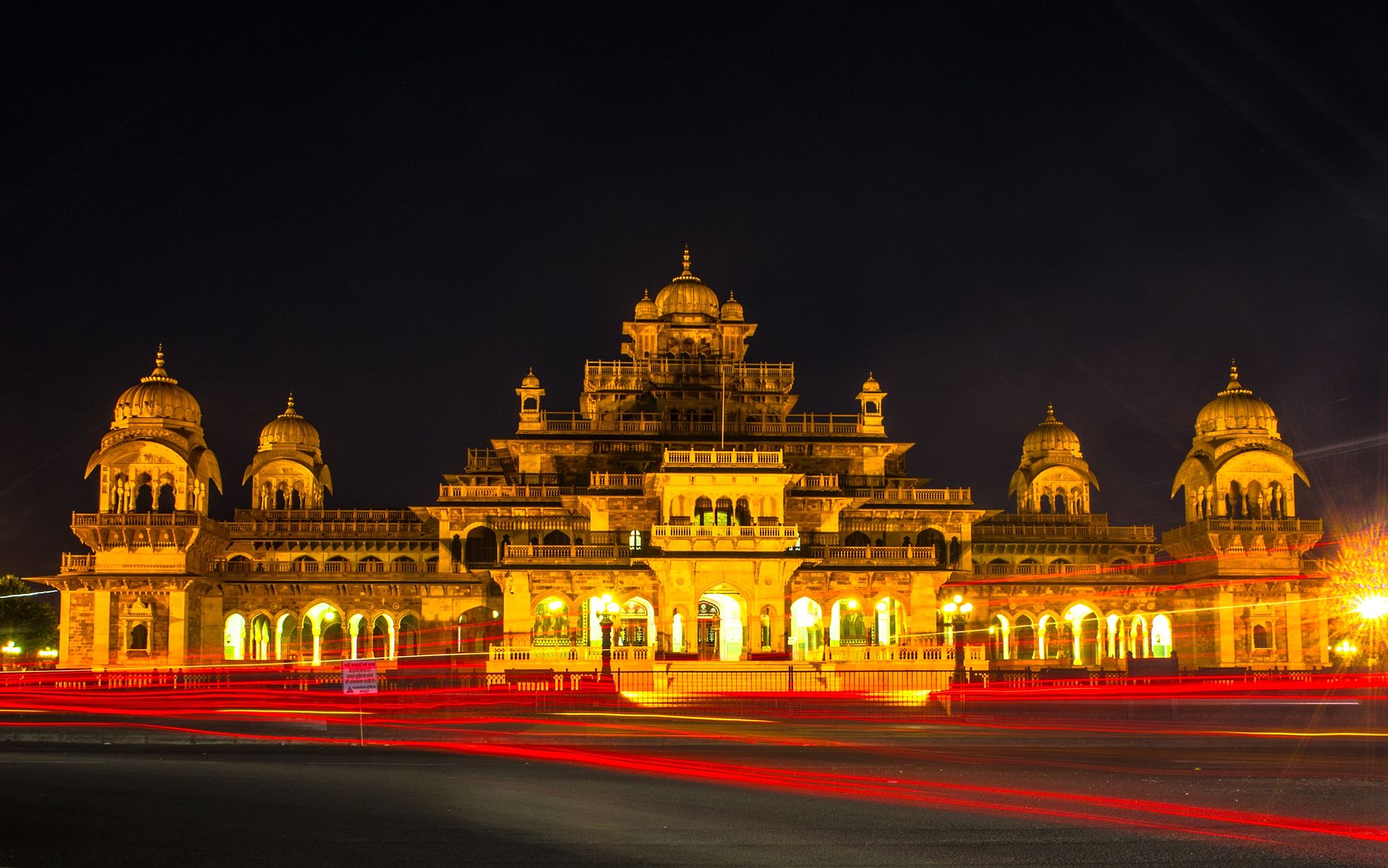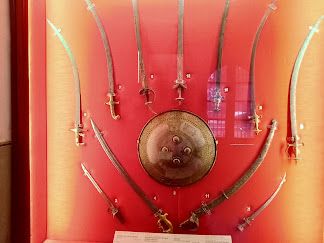Albert Hall Museum housing treasures from Jaipur royal families forced to close to fight rat infestation
Municipal workers given 72 hours to remove rodents from colonial-era museum

A rat infestation is threatening one of India’s finest collections of royal artefacts at the country’s own Albert Hall – now a museum in the Rajasthani city of Jaipur.
With the rodents causing havoc on the grounds and closing in on the building and its treasures, the Albert Hall Museum has been closed to visitors for two days as pest control experts are called in.
The museum was opened in 1887 and named after Queen Victoria’s son Albert Edward, the Prince of Wales. It houses the belongings of generations of several Jaipur royal families and attracted between 900,000 and 1 million visitors in the last financial year, bringing in revenues of at least Rs50m (£450,000), officials told The Independent.
Now a team of some 30 pest control workers are racing to deal with the rat problem, placing pesticide-laced baits at points near rat holes in the museum and its historic grounds, officials from the Jaipur Development Authority (JDA) said.
The pesticide-laced baits contain fodder, zinc phosphate and edible oil to lure and kill the rats who have chewed their way through much of the gardens and the lanes around the museum.
Roads leading to the museum will also remain closed and the site is not expected to reopen until Wednesday, assuming the operation has been successful.
The costly intervention is being made to protect some of the city’s most cherished historical artefacts, including a 2,346-year-old Egyptian Tutu mummy’s sarcophagus, a giant 17th-century Persian carpet measuring 8.5m by 4m, and firearms and armoury of Indian soldiers from the famous Rajput warrior clan.

Other glass-cased exhibits of swords, pistols, daggers, battle axes, spears, lances, revolvers, guns, gunpowder flasks, leg and arm guards, shoes, chest covers, helmets, and knuckle guards, air guns and bows-and-arrows which were used by the royal family of Jaipur and their army have been carefully guarded for over a century at the Albert Hall Museum, the superintendent in charge of the premises told The Independent.

“For nearly 138 years after the Prince of Wales, Albert Edward, had laid the foundation stone of the museum in 1876, the authorities have looked after the royal family’s belongings at the museum. Some of the most precious artefacts from history are placed here," Mohammad Arif, the superintendent of the museum said.
While the rats have not yet caused significant damage to the museum building itself and the artefacts inside remain unharmed, Mr Arif said the fear was that the rodents could chew their way up into the museum from underground if left unchecked.
Large mounds of earth have been observed in the museum’s historical Ramnivas garden, where street-side hawkers and vendors sell food, he said.
“We have protected the exhibits and kept them safe but the JDA authorities did not want to risk the infestation attack[ing] some of the most precious items collected over centuries and civilisations,” he told The Independent.
Join our commenting forum
Join thought-provoking conversations, follow other Independent readers and see their replies
Comments
Bookmark popover
Removed from bookmarks